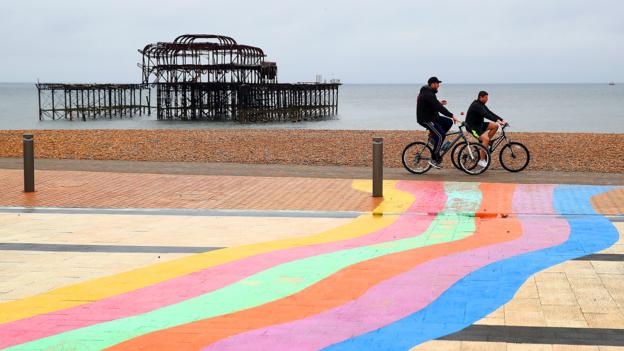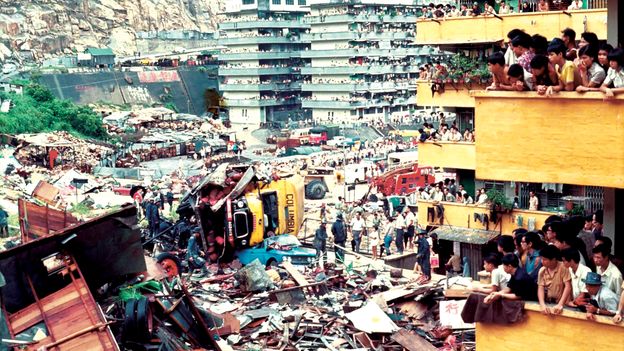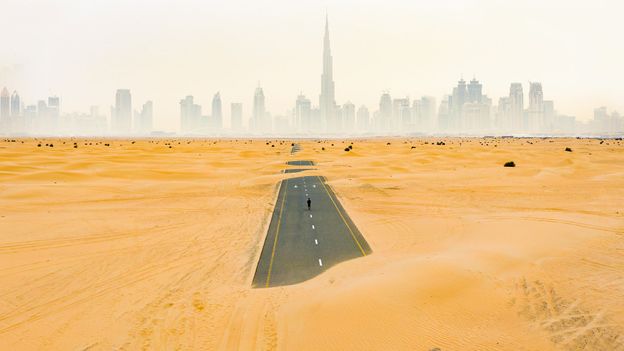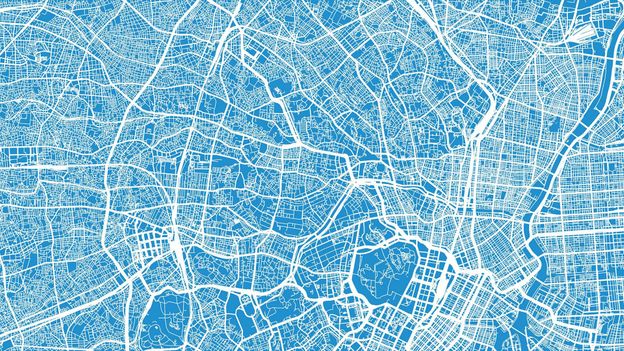Implementing restrictions on cars has different practical and political limitations around the world, however. In places like Milan, Bogotá and Paris, there have long been bottom-up and top-down efforts towards more sustainable mobility – from car-free days to successful bike-share systems. Change is perhaps easier in these places, although not simple.
“Space is of course political, and so supporting and ensuring sufficient space for non-motorised transport and the spectrum of users who have livelihoods dependent on space(s) is crucial,” says Rashiq Fataar, chief executive of Cape Town-based NGO Our Future Cities, which works with cities across the African continent. “Transport options which are safe, clean, less crowded and more efficient should be the benchmark, but transport planning must begin to see itself as part of a system providing economic and social ‘access’ in our cities.”
Indeed, a decline in car use cannot be expected unless people have efficient, accessible and affordable alternative options. But as Fataar points out, mobility is linked to every aspect of life in cities, and a change in car use may only be possible if issues around housing, public services and work culture are addressed too. Such huge volumes of commuting, for instance, may not be necessary if working from home is made easier, services are more equally distributed geographically or people can afford to live within walking distance of their work.
Policy and behaviour change may take a long time, but there exists a building momentum across the world that recognises car-free streets as a critical way of tackling the urgent climate crisis, as well as a strategy to improve health and wellbeing. This pandemic has resulted in countless forced changes to our lifestyles, economies and environments. Seeing what’s possible can lead to change – the question is how to ensure the change resulting from this global emergency improves health for people and planet.
We are a long way off from the demise of the car, but as the world seeks to recover from the collective trauma of the Covid-19 pandemic, perhaps the willingness to tackle another deadly emergency – outdoor air pollution causes 4.2 million deaths per year – will get stronger.
“This Covid-19 crisis is allowing us a glimpse of what a changed world looks like with far fewer cars and much cleaner air,” says Claudia Adriazola-Steil, deputy director of the Urban Mobility Program at the World Resources Institute. “Dramatic change is indeed possible.”
—
The emissions from travel it took to report this story were 0kg CO2: the writer interviewed sources remotely from the safety of lockdown. The digital emissions from this story are an estimated 1.2g to 3.6g CO2 per page view. Find out more about how we calculated this figure here.
—
Join one million Future fans by liking us on Facebook, or follow us on Twitter or Instagram.
If you liked this story, sign up for the weekly bbc.com features newsletter, called “The Essential List”. A handpicked selection of stories from BBC Future, Culture, Worklife, and Travel, delivered to your inbox every Friday.











